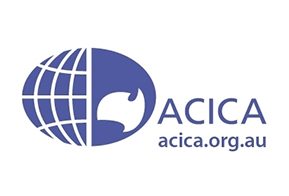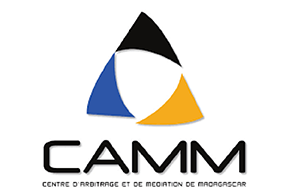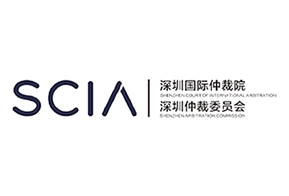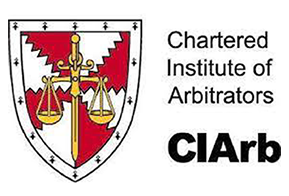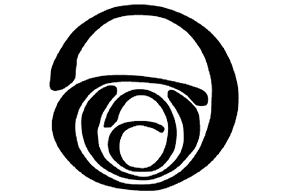Legal Framework
The Mauritian legal system is a composite system of laws which blends both the French civil law and the British common law practices, characterized by a duality of concepts – the French substantive laws and the English procedural laws, respectively. In addition to its welcoming legal framework and ideal geographical position at the crossroads of Asia, the Middle East and Africa, Mauritius boasts a bilingual population and state of the art facilities and ICT infrastructure which makes the island a destination of choice for regional and international arbitration.
Its international arbitration law, set forth in the International Arbitration Act 2008 (“IAA 2008”) amended by the International Arbitration (Miscellaneous Provisions) Act 2013, is based on the UNCITRAL Model Law, which is widely acknowledged as representing the best standards in the field worldwide. In addition, its law contains provisions which further enhance arbitral autonomy, confidentiality in appropriate cases, and above all, neutrality. Moreover, Mauritius is a party to the New York Convention as well as the ICSID Convention.
Mauritius has distinct legal regimes for domestic and international arbitrations, but parties may choose to apply the more recent and modern International Arbitration Act to arbitrations which would otherwise be considered as domestic. Therefore, in order to ensure that parties benefit from the highly efficient and more up-to-date regime, arbitration clauses should specify that the arbitration will be governed by the IAA 2008.
Local courts have a reduced role in relation to international arbitration proceedings. Only in very exceptional cases will the courts verify arbitration clauses before or during arbitration proceedings, thus avoiding parallel proceedings. In relation to interim measures, only in cases of urgency, or where all parties agree or the arbitral tribunal so permits, will applications for such measures be entertained by the courts, and so only to the extent that the arbitrator(s) cannot act effectively.
Any case relating to an international arbitration that is put to a local court is heard expeditiously by a panel of three specialised judges and parties have a direct right of appeal to the Judicial Committee of the Privy Council (UK).
The legal framework for arbitration in Mauritius is governed by the following texts:
- International Arbitration Act 2008
- International Arbitration (Miscellaneous Provisions) Act 2013
- Supreme Court (International Arbitration Claims) Rules 2013
- The Convention on the Recongition and Enforcement of Foreign Arbitral Awards Act 2001 (as amended in 2013)
- Code de Procedure Civile
Click on the below links to discover recent case law
- Jitsing S & Anor V Consortium D’etudes Et De Realisations Immobilieres Ltee & Ors
- Flashbird Ltd V Compagnie De Securite Privee Et Industrielle Sarl
- De Nassau Gestion Ltee V. L.b.r.g.m. Legall & Ors
- Cargo Handling Corporation Ltd V Fast Shipping & Transportation Co. Ltd
- Bhunjun V. V Hon. Attorney General & Ors
- Societe Koenig Freres V Les Salines Irs Co Ltd & Anors
- National Bank Of Canada V Ibl Ltd & Ors
- Laporte M. V. Antolinos M. R.


